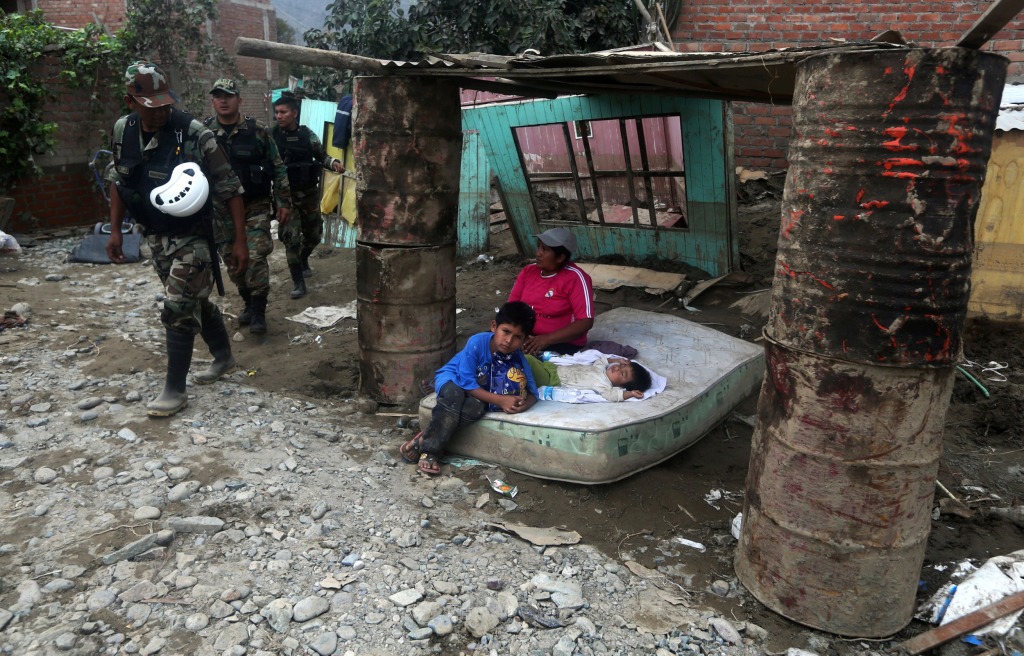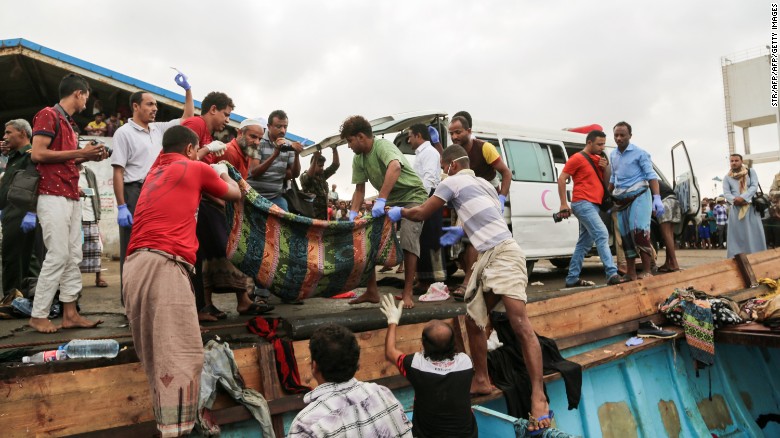By Cintia Garcia
Impunity Watch Reporter, South America
LIMA, PERU—The El Niño phenomena is battering the Andean country of Peru with extreme weather. Due to the torrential downpours and flooding, ninety-four people are dead and an estimated seven-hundred-thousand people are homeless in 12 of the 25 regions of Peru.

The rain has severally damaged the northwestern coastal region of Peru. Additionally, the weather event has been considered the worst natural disaster to hit the nation in twenty years. Meteorologists believe there is little hope of relief from the extreme weather which is predicted to last for many weeks to come. The weather system hitting Peru is very unusual.
The widespread damage to infrastructures such as roads and highways has hampered relief efforts. For example, in Catacaos, Peru the flood waters have reached up to six-feet high killing four and isolating the town. Relief efforts have struggled to reach the area. Only five-hundred people have been evacuated while many continue to wait to be rescued. Furthermore, in the capital of Lima, many residents have gone six days without drinking water. General Jorge Chavez of the National Center for Emergency Operations stated, “We know this is an extreme situation, but we are pleading for calm. Please be confident that all will be taken care of.” Many citizens believe the response by the government has been too slow. The Peruvian government has sent its army to assist in the rescue efforts.
Additionally, crops have been destroyed with some regions losing up to fifteen-thousand acres of crops. It is believed that the cost to Peru’s economy in lost productivity is an estimated $3.1 billion. The Minister of Transportation, Martin Vizcarra, released an estimated price tag of at least $1 billion in order to fix the infrastructures.
Currently, international aid has arrived to Peru including $525,000 from the United States and $1.5 million in relief from China. Peru has asked the United States to donate more to relief efforts.
For more information, please see:
NBC News—Devastating Floods in Peru Displace Tens of Thousands—29 March 2017.
VOA—Peru Asks US for More aid to Confront Intense Rains, Floods—29 March 2017.
BBC—Peru Floods: Four Killed as Piura Bursts its Banks—28 March 2017.
Los Angeles Times—Peru’s Brutal Season of Floods Leaves 94 dead, 700,000 homeless—28 March 2017.

